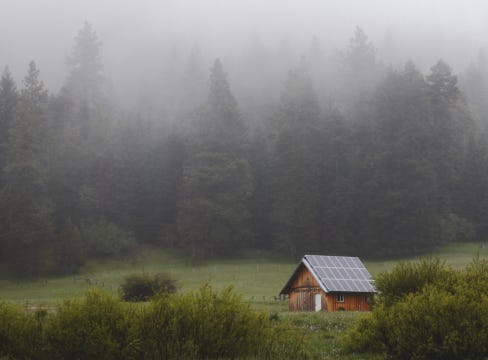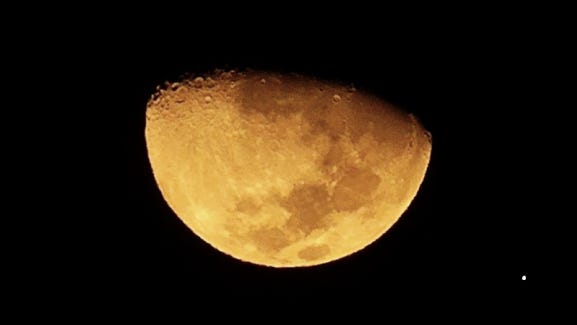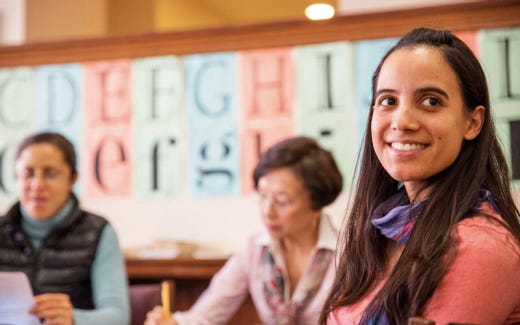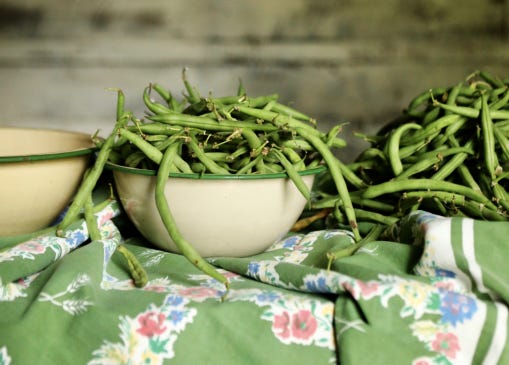Previous chapters are listed in the Bartle Clunes archive - Click here .
If you are new, please start here - Introduction to Bartle Clunes .
El Dorado County 1952
August was hotter than blazes, and yet, everyone stayed as busy as a cow’s tail in fly time. The little community of friends it seemed, was in the learning mode, everyone's education was being improved upon in one way or another, on all manner of subjects.
On a warm clear Saturday evening, when the sky was particularly bright, Eizer invited five young boys to go out to the field below his old house for some star gazing. Ayla and Vida Lee went along, too, bringing blankets to stretch out on and 'telescopes'. Each child was given an empty cardboard toilet paper roll as their viewer. They all lay down on the blankets. Eizer pointed to the moon. “Now you all look at that moon through your telescope. That is a beautiful moon tonight over there to the southwest - it is called a gibbous moon. Now gibbous means humpback. Do you see the humpback on that gibbous moon?” They all said they did. They pronounced “Gibbous moon” and studied it through their cardboard tubes. “Now sometimes in the month the visible moon is growing bigger, and sometimes in the month it is growing smaller.”
He explained that the moon didn't really change its size at all, that what changed was how much we could see of the moon. It was a new idea for those little boys. “This moon tonight is getting bigger and we call that a waxing moon, a waxing gibbous moon.” The boys learned about gibbous, waxing and waning moons and they looked at the big bright star right next to the moon tonight, which was not a star at all, but the planet Venus. Astronomy for Beginners.
The following day they all drew pictures with Ayla of various astral bodies and labeled them – The sun, star, moon, planet, asteroid, comet. And in the coming week, before real school started, Ayla and Eizer were planning a day of panning for treasure in the creek, exploring the idea of minerals and beginning their collections. Later, Eizer would teach them about the history of placer mining and dredge mines – how they worked and when they were used in El Dorado county. Mineralogy, Mines and Local History For Beginners.
Riles Crossing had only a few scattered immigrants, and they were now finding each other and becoming quite a close community of their own, their lessons being the catalyst for the one thing they all had in common - a need for English. Vida Lee was in the Book Exchange with her eight students. “Now, what do people need in order to be happy?” she asked her class. “Let us make a list.” She was trying to build her English lessons around meaningful subjects, rather than, say, where the potatoes are relative to a table.
“Peoples need ...work.”
“Yes they do, Sylvia. People need work.” She wrote that on the chart paper.
“Peepo nee' foo',” offered Mei Lin.
“Correct! People need food. She wrote that too. “Let's read this.”
The chorus read, “People need work. People need food.”
“What more?”
“People need money,” said Fabian.
“Yes, good. We all need work, food and money. Anything else?”
“People need.....love!” said Graciela and Juan at the same time. Everyone laughed at the two young folks who were holding hands under the table.
“Yes, they do. Excellent! The list grew until the chart was full. Food, money, love, work, friends, family, a house, a car, health, peace … beer? Well, why not?
It was a thrill a minute in the Griggs-Flounder Free Book Exchange. English for Beginners. Vida Lee was in her glory.
Louvina huffed into the kitchen with a bucket, saying to her husband, “I am busier than a moth in a mitten!” She plopped down on the old stool, and threw her braids back out of her face. She was managing the goats, the vegetable garden, and a 14-month-old red-haired ball of fire who was now running around non-stop and into everything. She and Ayla, feeling possibly a little over-optimistic, had talked each other into investing in two more milk goats. Ayla named them Clio and Calliope, after the daughters of Zeus, and found them to be a bit lively.
Filomena Sanchez said she could work a few more hours every week to help with the milking and the mayhem. “But why I don't bring my two goats here and put them together with yours? Is more easy.” Filomena was also learning the art of soap-making and cheese making, for which Louvina was very grateful. All three women worked well together and shared in the profits.
Louvina had experimented in her garden this past April with the help of young Eli. “I thank you for offering to help me today out here in this heat. You got you a hat there, little man?”
“Yes, ma'am, I do.” He plopped a ragged straw hat on his head that was about a half-mile too big for him and fell below his ears. He grinned.
She said, “You see those strings I staked out?”
“Yes, ma'am.”
“Well, I am going to walk along those strings and poke this pole down into the dirt every couple of feet. And I am going to drop a little piece of fish into the hole. I want you to follow behind me and put one bean seed and one corn seed together in each hole. Just drop them in on top of the fish. We have nine rows. You think you can do that?”
“Easy!” he said. Working in Louvina's garden seemed like an honor to him.
“Now you be careful where you step.”
When each hole contained fish, corn and bean, Eli went back down each row and covered the holes, tamping them down with his foot. Then Louvina made one more pass, giving each one a drink with a dipper and a bucket of water. Then they sat in the shade of the oak and refreshed themselves with a glass of buttermilk.
Now, ten weeks later, the two of them were out hoeing and raking weeds, admiring their handiwork. They stood in the field where their Sunglow corn stalks were already six feet high, tassels quivering in the heat, and the Scarlet Runners were all leafed out and winding themselves around their corn stalks. Some of the ears would be ready to pick the first of next week and little three-inch beans were already hanging by the handfuls. It was a beautiful sight.
“Ma'am?” Eli said, thoughtfully.
“Yep?”
“The corn and the beans are doing good, but when are those fish ever going to come up?”
Louvina stopped for half a second. “Hmm? … oh!” She smiled, realizing she'd apparently neglected to explain the concept of fertilizer to the boy. She did so now and told him that they would keep taking their fish from the river as always. Eli knew, really, that fish did not spring from the ground, just as he knew there was no Santa Claus, but the world could be so full of magic when one was just shy of eight years old, and though he'd never seen a sprouting fish, it did not seem all that far-fetched to him. He laughed with Louvina, but a part of him was still a little hopeful.










Alegria!
A fish garden! That would be a sight.